So you’re thinking about hitting the gym but wondering if you’re old enough? Or maybe you’re a parent trying to figure out if your kid can start pumping iron?
Let me break down the age requirements for gym memberships, what to expect, and how to navigate the fitness world as a young person.
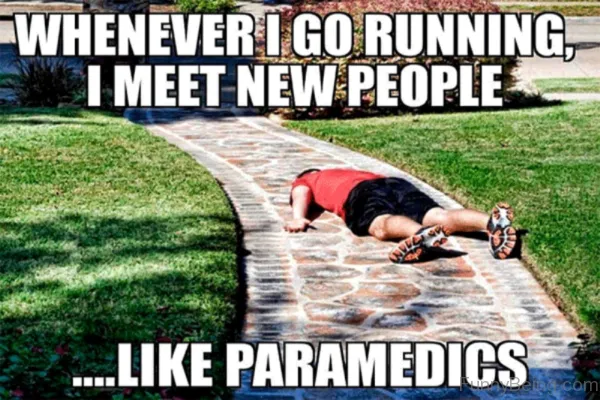
How Old Do You Need to Be to Join a Gym?
Most gyms set their minimum age between 13 and 16 years old. But this isn’t a one-size-fits-all rule – it varies widely depending on the gym’s policies and local regulations.
Think of it like getting your driver’s license. There’s a reason we don’t hand car keys to 10-year-olds, right?
Age Requirements Breakdown
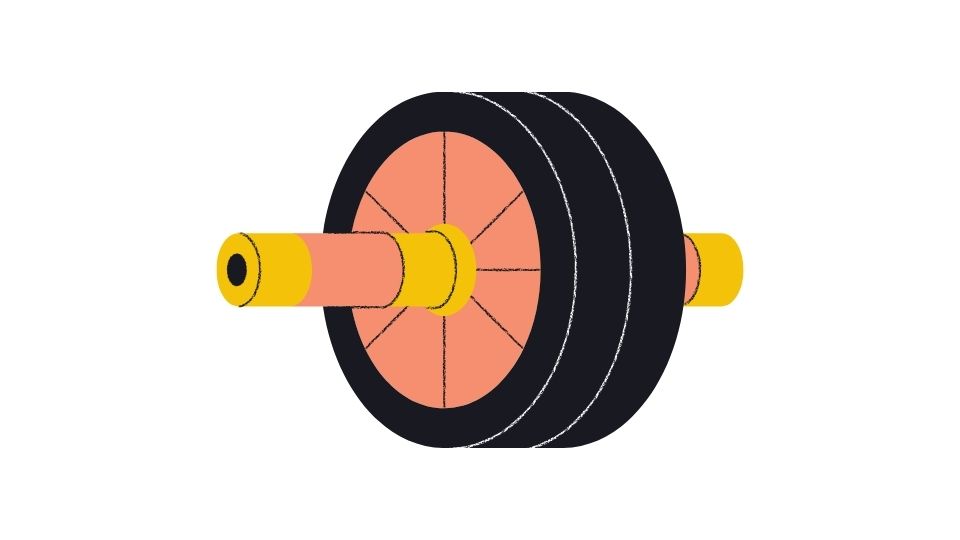
Teens (13-17)
Most commercial gyms allow teens aged 13 to 15 to join, but there’s a catch – you’ll need your parents involved. This usually means:
- A parent/guardian signature on membership forms
- Adult supervision during workouts (at some gyms)
- Restrictions on certain equipment or areas
For example, Planet Fitness has their “Teen Summer Challenge” program where teens 14-19 can work out for free during summer months.
Kids (Under 12)
For the little ones, options are more limited:
- Youth-specific programs: Some gyms offer specialized kids’ fitness classes starting as young as 10 years old
- Family memberships: Places like the YMCA and Life Time Fitness allow children as part of family plans
- Heavily supervised: Kids under 12 typically can’t use most gym equipment unsupervised
Adults-Only (18+)
Some gyms are strictly for the grown-ups:
- High-end fitness clubs
- Specialized facilities (CrossFit boxes, powerlifting gyms)
- Places with potentially hazardous features like heavy free weights or saunas
Why Do These Age Restrictions Exist?
It’s not just gyms being mean to kids. There are legitimate reasons:
Safety First
Young bodies are still developing, and improper exercise can lead to injuries. The American Academy of Pediatrics notes that children and teens need age-appropriate exercise guidance.
Think about it – would you want your 11-year-old trying to bench press their bodyweight without proper instruction?
Legal Protection
Gyms don’t want to get sued. Having age restrictions helps them:
- Limit liability
- Comply with state laws
- Ensure proper supervision
Developmental Considerations
Different ages need different approaches to fitness:
- Kids and young teens should focus on bodyweight exercises, light resistance, and fun movement
- Older teens can gradually introduce more structured workouts
- Full weightlifting routines are more appropriate for late teens with proper form training
Popular Gym Policies
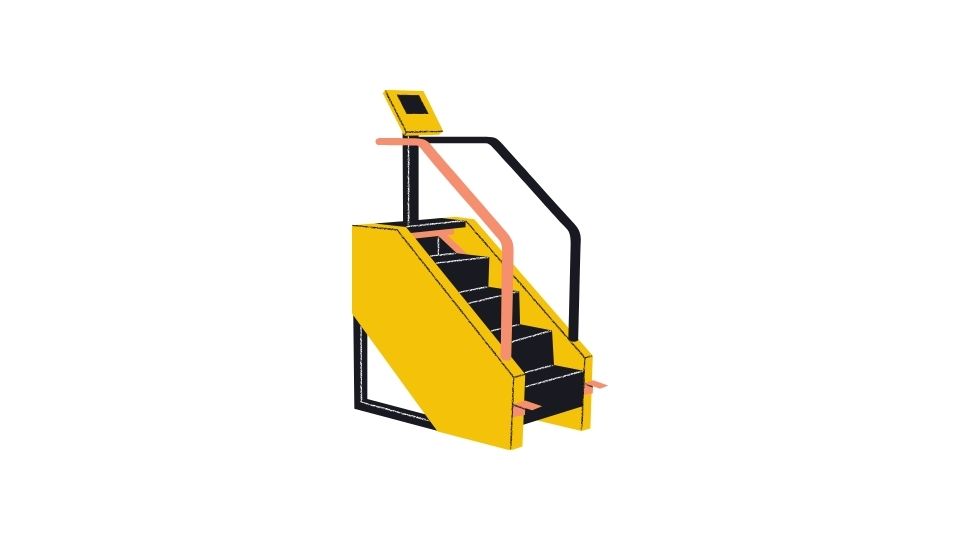
Let’s check out what some major gym chains actually do:
Planet Fitness
- Minimum age: Generally 15-18 depending on location
- Requires parent/guardian signature for under 18
- Offers summer programs specifically for teens
Life Time Fitness
- Junior members as young as 11 can use fitness floors (with adult supervision)
- Ages 12-13 get additional freedoms like group classes
- Children can be on family plans from 3 months old (but not using equipment!)
LA Fitness
- Typically requires members to be 16+
- Family add-ons possible for younger members
- Parents must sign waivers for 16-17 year olds
Anytime Fitness
- Follows state requirements (usually 13-16 minimum)
- Offers family plans with proper approvals
- Some locations have stricter policies
Alternatives for Young Fitness Enthusiasts
Can’t join a gym yet? No problem! There are plenty of alternatives:
- School sports teams: Free and supervised by coaches
- Community centers: Often have youth programs at lower costs than commercial gyms
- Home workouts: Darebee offers free, bodyweight workouts that are perfect for beginners
- Outdoor activities: Running, biking, swimming, or playground workouts
Tips for Parents and Teens
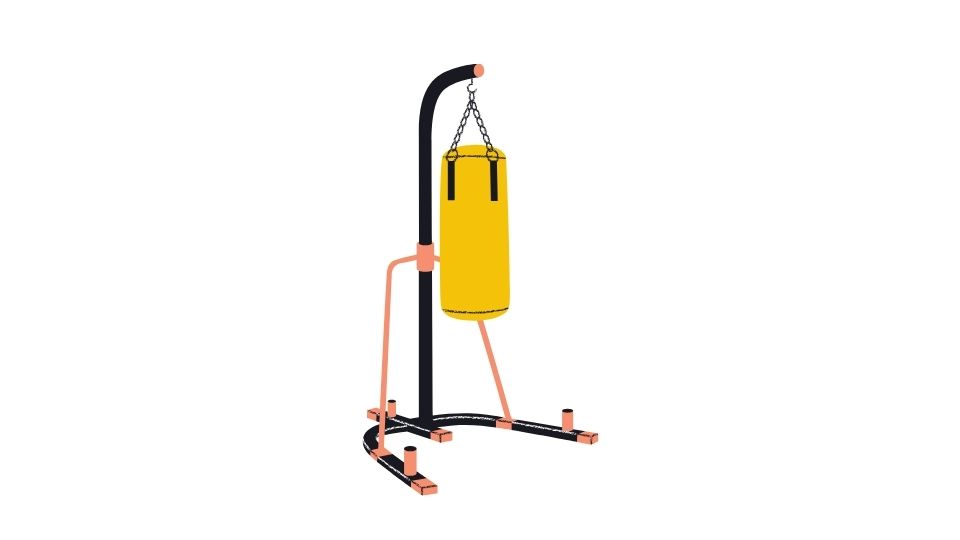
For Parents:
- Call ahead to check specific gym policies
- Ask about family plans to save money
- Consider a session with a youth fitness specialist to teach proper form
- Start with supervised sessions before allowing independent workouts
For Teens:
- Be patient – your time will come!
- Focus on learning good form before trying to lift heavy
- Consider bodyweight exercises to build a foundation
- Find a workout buddy for motivation and safety
Starting Smart: First Gym Steps
Once you’re old enough to hit the gym, here’s how to begin:
- Start with an orientation: Most gyms offer these for free
- Focus on form over weight: Lighter weights with perfect form beats heavy weights with poor form
- Mix it up: Try cardio, strength training, and flexibility work
- Ask questions: Don’t be embarrassed to ask staff for help
Tracking Your Progress
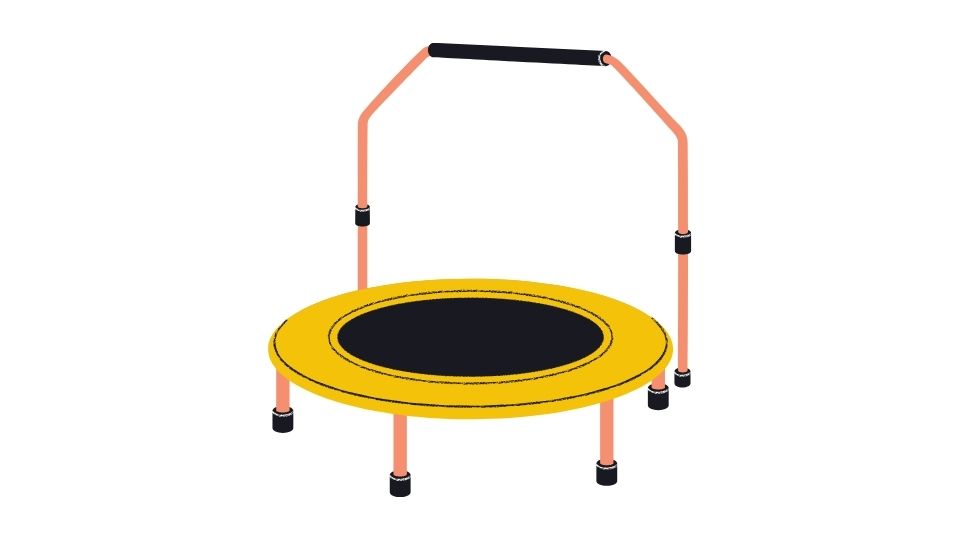
Getting to the gym is only half the battle. To see real results, tracking your progress matters – both your workouts AND your nutrition.
Most fitness experts will tell you that your results depend heavily on what you eat. No amount of gym time can outwork a poor diet!
A simple way to keep tabs on your nutrition is using a tracking tool like MealByMeal, which lets you track calories and macros by just texting your meals. Way easier than manually logging everything in complicated apps, especially for busy teens and parents.
Remember, fitness is a marathon, not a sprint. Being too young for the gym today doesn’t mean you can’t start building healthy habits that will last a lifetime!



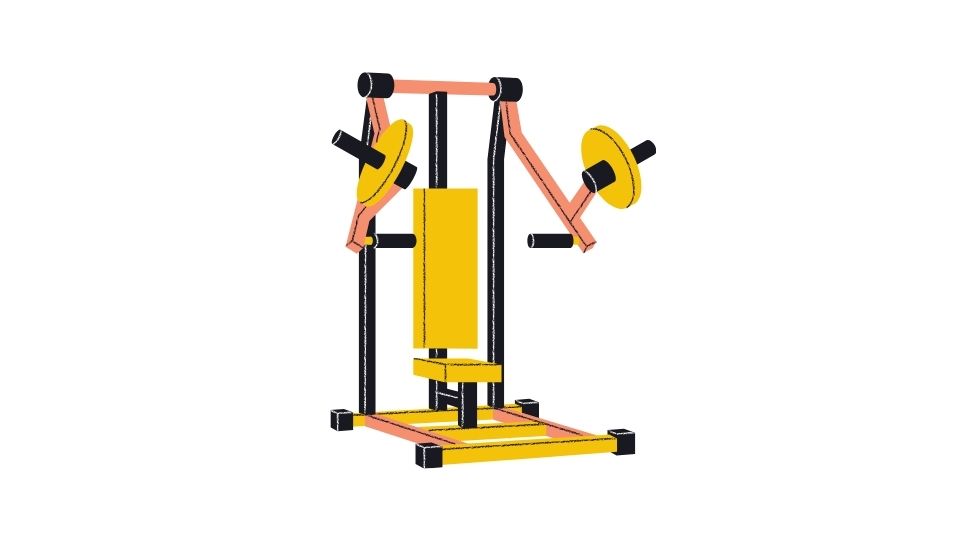
Leave a Reply